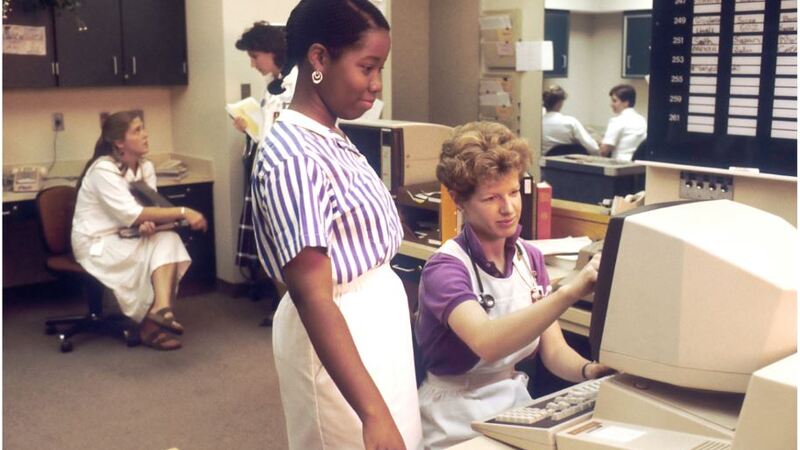Claims Administration: Application in the Healthcare industry
by: Shubham Singhal; Penelope Dash, MD; Tobias Schneider, MD; Sameer Chowdhary; and Himanshu Aggarwal
10/27/2020 Source:
McKinsey & Company

Claims Admin Image by N/A is licensed under unsplash Unsplash
One of the most time-consuming tasks that healthcare administrators have to deal with is spent on handling claims. This includes inserting and processing claims, as well as adjusting them and dealing with appeals.
With machines equipped with RPA, your organization can be at the forefront of the digitization movement in claims management. While the technology is still in its early stages in this front, it has great potential moving forward to revolutionize the way the healthcare industry operates.
The rising cost of claims and the complexity of claims management are among the most pressing challenges health insurance companies and other private payers face today. Digitizing every step of the claims process, from data input to payment, has the potential to streamline claims management, as well as boost its efficiency and accuracy. When done right, the result can be both lower costs and better customer experiences.
Full digitization is not yet a realistic scenario in most countries, however. Although consumers have become increasingly comfortable with digital transactions, numerous factors—including data security and privacy concerns, the complications resulting from having multiple stakeholders and, in some places, regulatory constraints—currently hinder efforts to completely digitize claims management. In the short term (at least the next several years), paper and manual methods won’t vanish completely.
Why better claims management is needed
The healthcare industry is constantly evolving. For private payers today, effective claims management goes beyond merely processing and paying claims—it also encompasses strategies to better manage medical costs and improve customer interactions. Five trends are spurring digital innovation in claims management:
- Healthcare costs are increasing
- Consumer preferences are becoming consumer demands
- Government policies may be putting economic pressure on payers
- Payer employees’ job expectations are evolving
- Health data availability presents both opportunities and challenges
Nevertheless, payers can use existing technologies to digitize portions of the process now and by doing so could gain significant value and competitive advantages. The three case studies included in this article illustrate the benefits of this approach, which we call “digital first.” In addition, this article describes what fully digital claims management could eventually look like and explains how payers can make the long-term vision a reality by adopting a digital-first approach
How IntelliBuddies® can help?
IntelliBuddies® is a RPA platform coupled with AI and ML cognitive technologies. It helps the healthcare enterprise to administer claims processing very effectively and efficiently, and by digitizing existing processes in the Process Designer. The system plans and designs the processes based on respective present healthcare system workflow and build the processes in the form of activities in the Process Designer.
An example is illustrated below defining the manual steps involved for the claims processing:
- Receive claim in the form of Emails from clien
- Manual data entry of the claims to the system
- Manual processing of the claims data by following the rules adhere to the claims process
- Send for approval, based on the approval result, inform to the concerned department
- Inform the client of the claims process
Adopting IntelliBuddies® the intelligent automation RPA technology, the above claims processes that involved long hours of human work, can now be completed within minutes by just creating activities, followed by building a sequence in Process Designer, and finally Buddies will execute the process outlined in sequence automatically.
Source: McKinsey & CompanyRecent Articles







